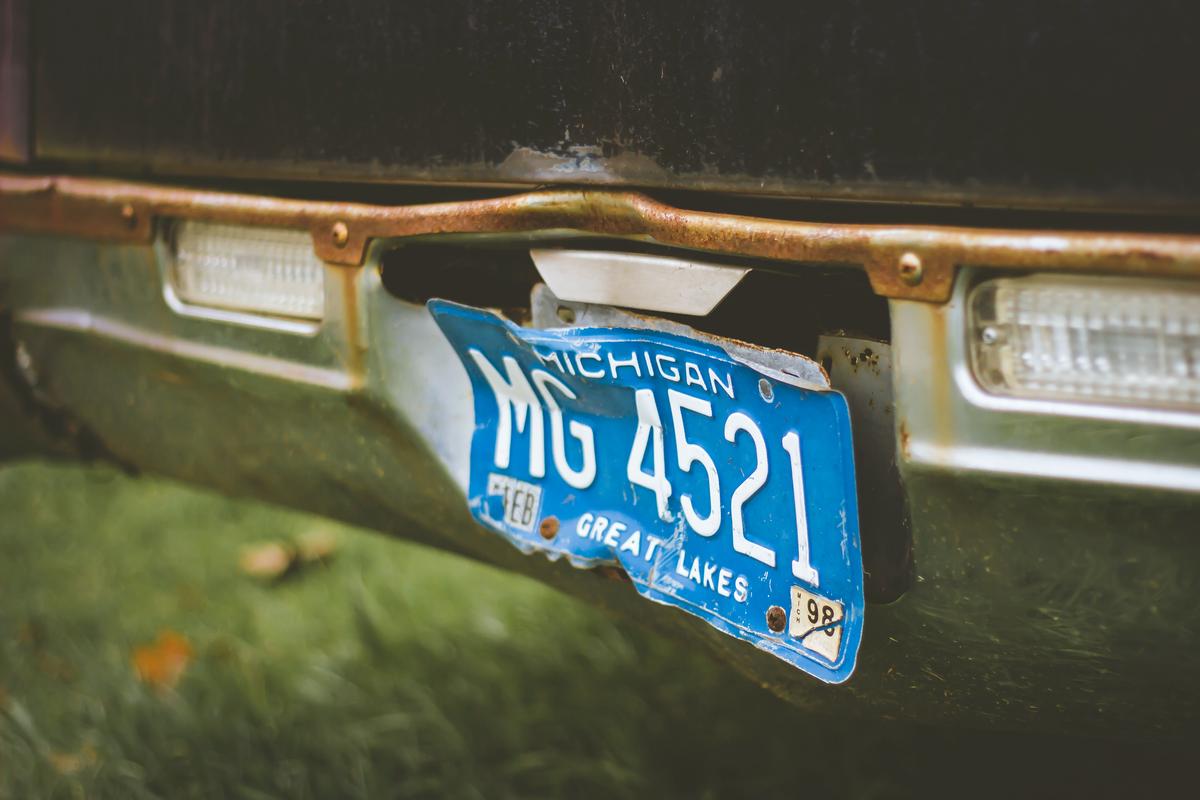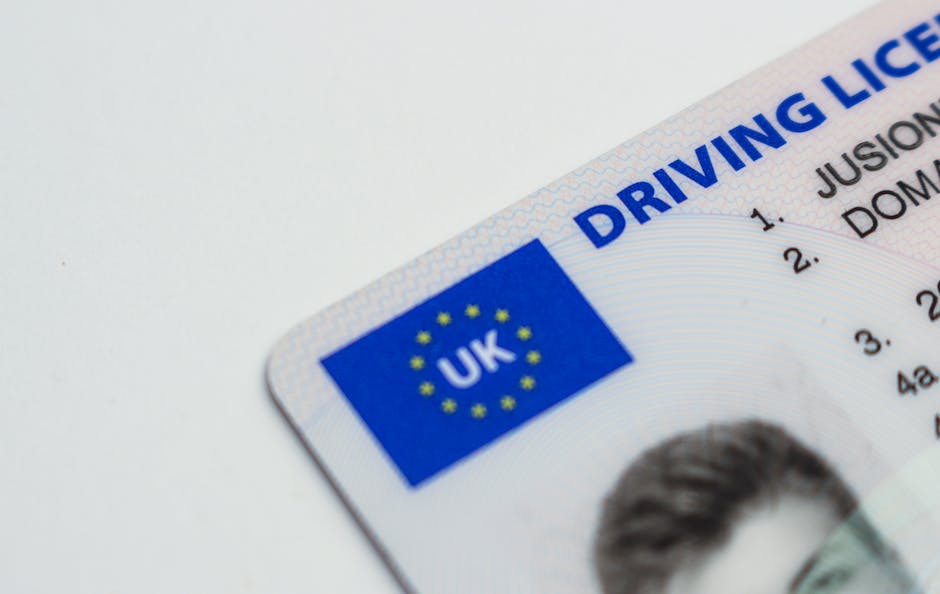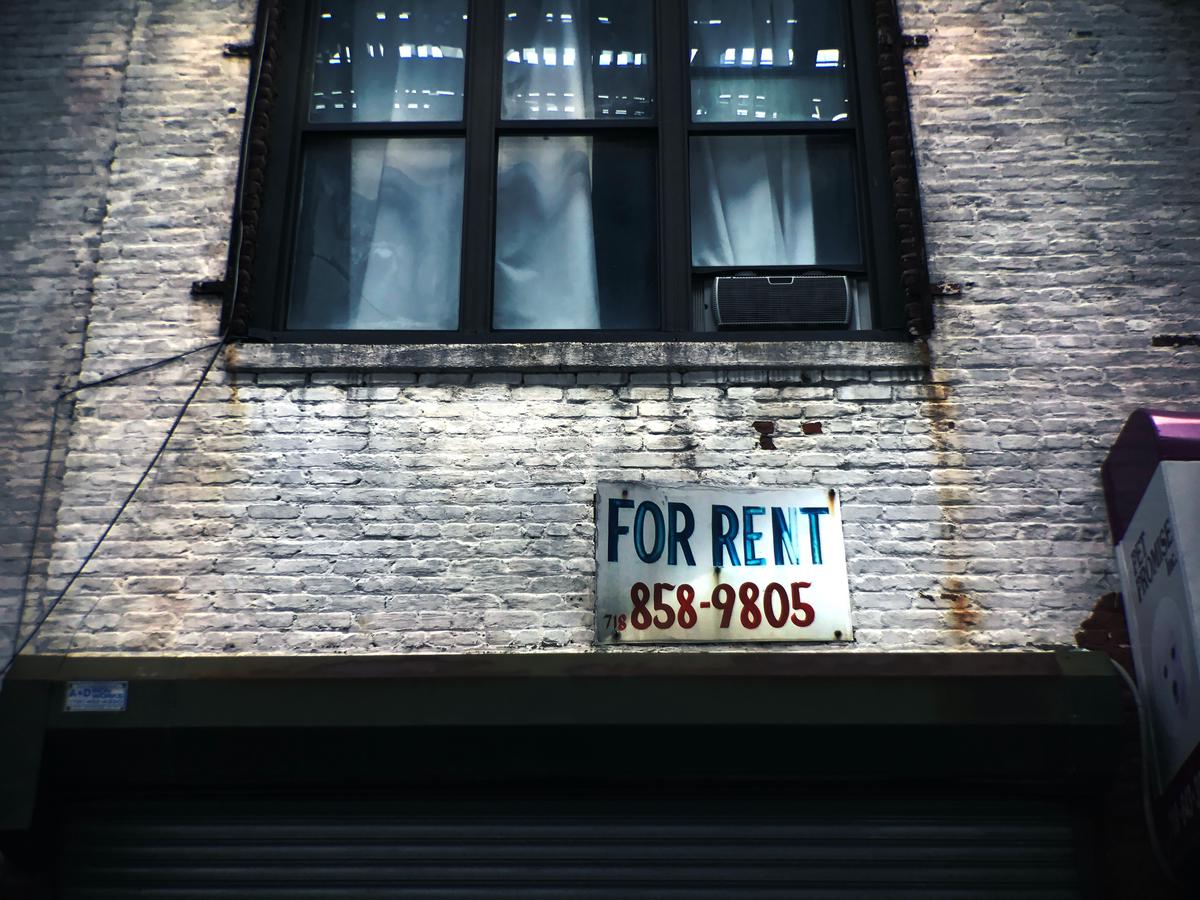When choosing to venture into the rental property market in the state of Maryland, it’s crucial to adhere to all legal requirements to safeguard your investments and maintain a healthy landlord-tenant relationship. One such critical requirement is obtaining a rental license. In this comprehensive guide, we delve into understanding rental license requirements, the application process in Maryland, and the accompanying benefits and responsibilities. We will also address the potential consequences of operating without a valid rental license, illuminating the essence of being on the right side of the law.
Understanding Rental License Requirements
A rental license in Maryland
A rental license in Maryland is a legally required permit that allows you to rent out your property. It also serves as proof that your property has been inspected and meets the state’s rental property codes and standards. This license is essential as it protects both the property owner and the tenant. It ensures the landlord is legally compliant and the tenant is guaranteed a safe and habitable living environment.
Rental license requirements in Maryland
In Maryland, anyone who owns property and intends to rent it must apply for a rental license. There are different licensing programs and requirements depending on the type of property and rental use. Some properties may need to undergo a rental inspection, others may need to meet additional lead paint safety requirements, and certain property types may not require a license at all.
Understanding Rental Licenses in Maryland
In Maryland, the type of rental license necessary varies according to the location and extent of your rental activity. For instances where single-family rentals or multi-family rentals do not fall within Baltimore City, landlords would need a state-wide issued license. If your property is located within Baltimore City, then you must obtain a rental license from the Baltimore City Department of Housing and Community Development. Should your property be rented less than 15 total days within a calendar year, you might require a short-term residential rental license. Additionally, it is essential to understand that some towns or counties may also have local rental laws and licensing requirements, which would affect the kind of rental license you would need to acquire.

Photo by davidbeale on Unsplash
Application Process for a Maryland Rental License
Steps towards Acquiring a Maryland Rental License
When it comes to applying for a rental license in Maryland, landlords must initially gather the necessary documentation, which usually includes evidence of ownership and likely your property insurance details. Next, you’ll need to complete a rental license application, the format of which varies depending on the county. For instance, Baltimore City accepts online applications, whereas Montgomery County uses paper applications.
Upon submitting your application, a county inspection of your rental property is typically the subsequent step. Most counties in Maryland require rental properties to pass an inspection before a license is issued to ensure that the property is compliant with health and safety regulations.
Fees and Approval Timeframe
There’s a fee to apply for a Maryland Rental License, and this fee varies depending on the county you’re in and the type of property you own. For instance, in Montgomery County, the license application fee for a single-family rental unit is $107 and $102 for each additional unit in the same building. Once you’ve submitted your application and it’s been approved, an additional license fee is payable.
The timeframe for the approval of a rental license application can vary greatly, depending on the county’s backlog and the speed with which inspections are carried out. Accordingly, it’s a good idea to plan ahead and start the application process well before you intend to rent out your property. It may take a few weeks to a few months to secure a rental license.
In Conclusion
Obtaining a rental license is not merely a standard necessity but an integral legal obligation for landlords in Maryland. This certification confirms that your rental property meets the necessary health and safety codes, providing a safe environment for your tenants. Furthermore, it serves as an essential shield to safe guard your investment and mitigate potential liabilities.

Benefits and Responsibilities of Having Rental License
Exploring the Benefits of a Rental License
A rental license for your Maryland property comes packed with substantial benefits. One such advantage is that it furnishes you with legal protection. Once you acquire a rental license, your property is acknowledged as an officially sanctioned rental activity by the state of Maryland, thereby ensuring it is subject to all protective laws and regulations enforced by the state. Lack of a rental license could invite unsettling legal disputes or penalties, especially when tenant issues surface. Moreover, a rental license acts as a gateway to legally rent out your property, opening up a cashflow channel that would otherwise remain untapped.
Understanding the Obligations of a Rental License Holder
Acquiring a rental license in Maryland comes with a range of benefits, but it also introduces a set of responsibilities for landlords. As a license holder, you’re expected to consistently maintain your property and quickly address any arising issues, ensuring a secure and healthy living space for your tenants. It’s also crucial to adhere to all mandated rental terms. For instance, rental homes in Maryland must be formally registered and inspected routinely to comply with applicable health and safety standards. Additionally, landlords are obligated to afford tenants with certain fundamental rights, like privacy, timely responses to repair requests, and sufficient notice prior to an eviction. Non-compliance with these legal necessities could lead to severe penalties, such as hefty fines and even the rescission of your rental license.

Consequences of Not Having a Rental License
Navigating the Legalities of Rental Licenses
In Maryland, it’s legally mandatory to secure a rental license before you consider renting out a residential property. This requirement extends to all forms of dwelling units, from single-family houses, apartments, condos, and multi-family dwellings. Homeowners who disregard these regulations expose themselves to severe legal and financial repercussions. Infractions can attract substantial monetary penalties, frequently amounting to thousands of dollars. Compounding the severity of these penalties is the fact that they’re typically imposed on a per day basis until the license is acquired, translating into rapidly escalating costs.
Risks of Ignoring the Legal Framework
More than just monetary penalties, being caught without a rental license can also lead to legal implications that can tarnish a homeowner’s credibility. The state can file charges, which could lead to a criminal record. Besides, if the tenants were to become aware that the property they are living in is not licensed, they have the right to take legal action. In some cases, tenants may be entitled to claim back rent paid during the period the property was unlicensed. Also, without a rental license, you may face problems with your insurance company if a claim arises. Many home insurance policies may not cover claims on properties that are rented out without a license, leaving you financially vulnerable in case of property damage or liability claims.
The Necessity of a Rental License
The purpose of the rental license requirement is to ensure that all rental properties meet certain health and safety standards. This not only protects tenants but also landlords as it reduces potential liability. It ensures that properties are safe and fit for habitation, lessening the chances of damage or accidents happening on the property. Therefore, for those questioning whether they should get a rental license for their Maryland property, the answer is yes. The risk of penalties significantly outweighs the cost and time required to obtain the necessary permissions.

Overall, acquiring a rental license in Maryland presents numerous benefits, particularly in establishing a legally binding landlord-tenant relationship. With this license, not only can you legally rent out your property, but you also have the assurance of legal protection. Importantly, as part of the responsibilities attached to it, it encourages adherence to rental regulations and respect for tenant rights, fostering a harmonious relationship. Therefore, it’s quite evident that the legal and financial risks of renting without a valid license are a costly venture that every property owner should strive to avoid. With the guidance provided, navigating through the application procedure becomes easier, ensuring you run your rental business within Maryland’s legal framework.
